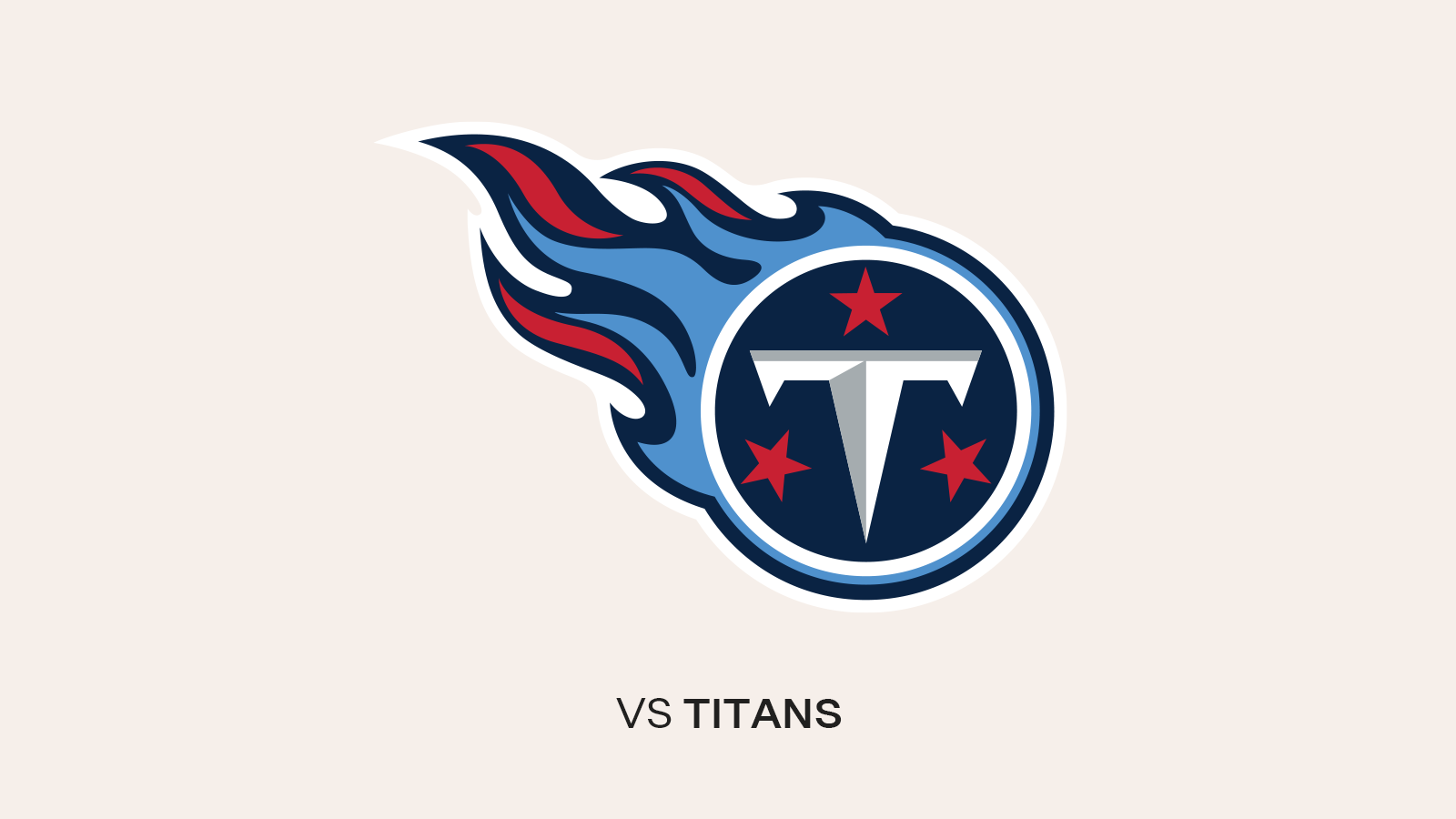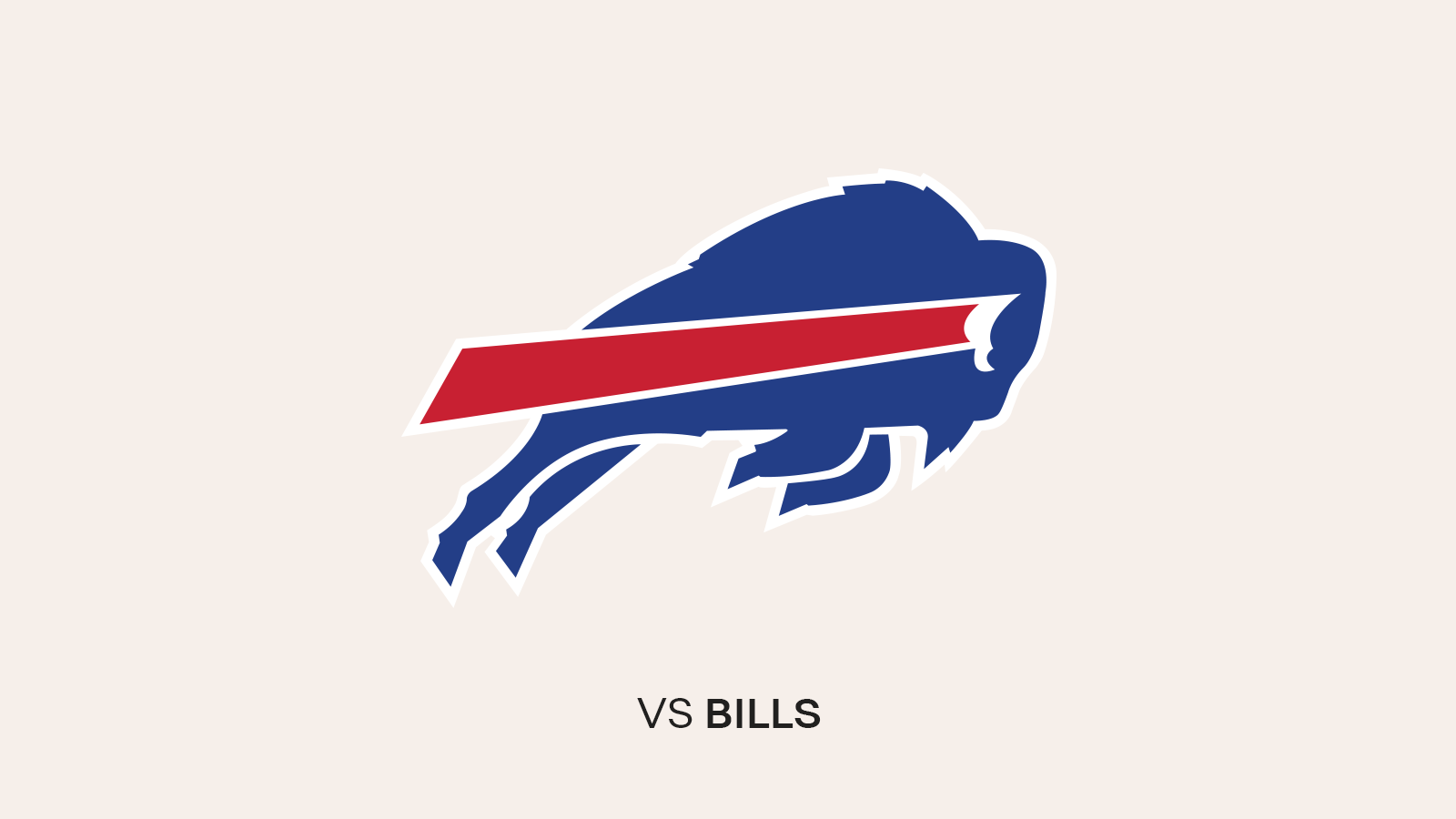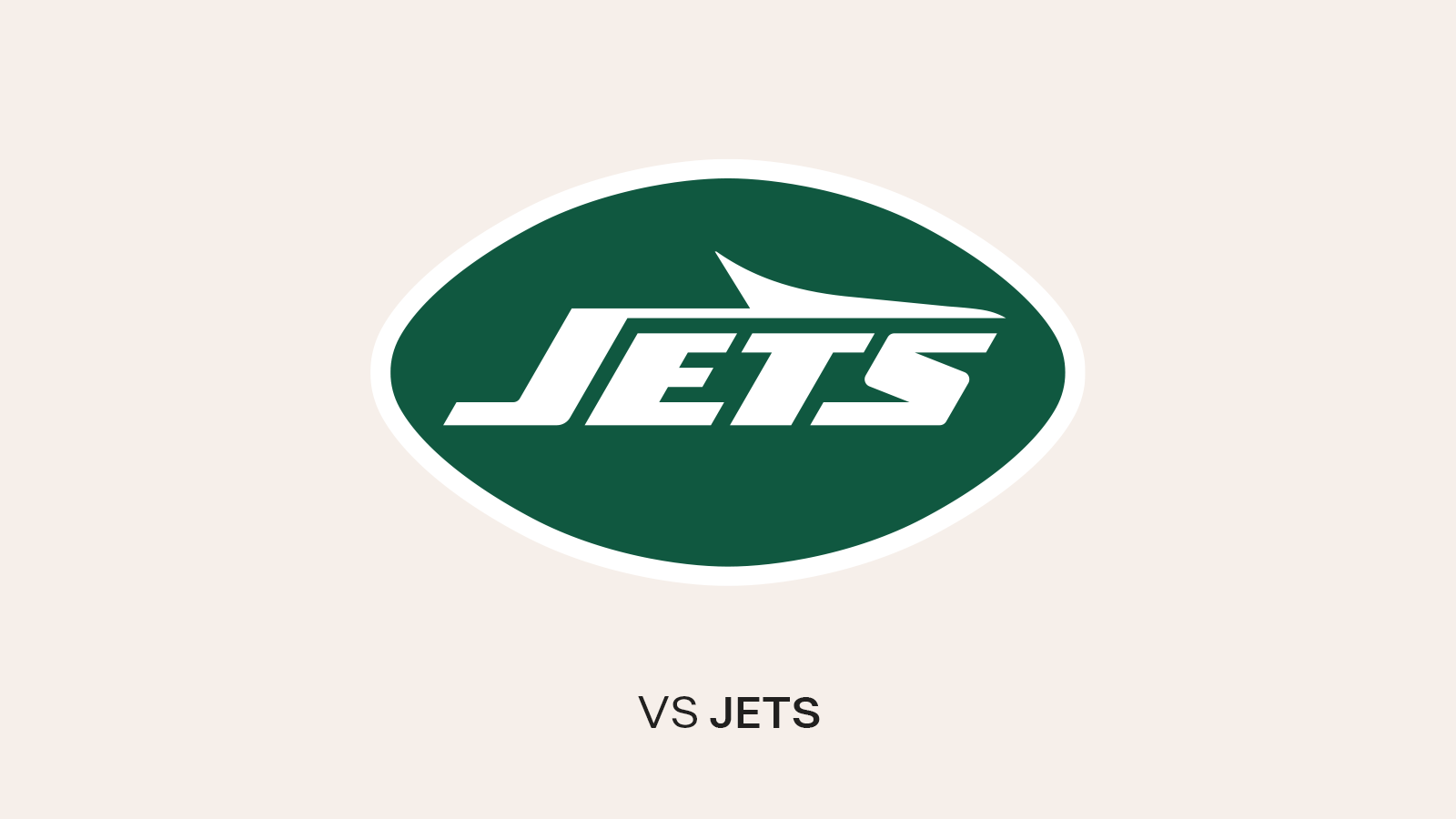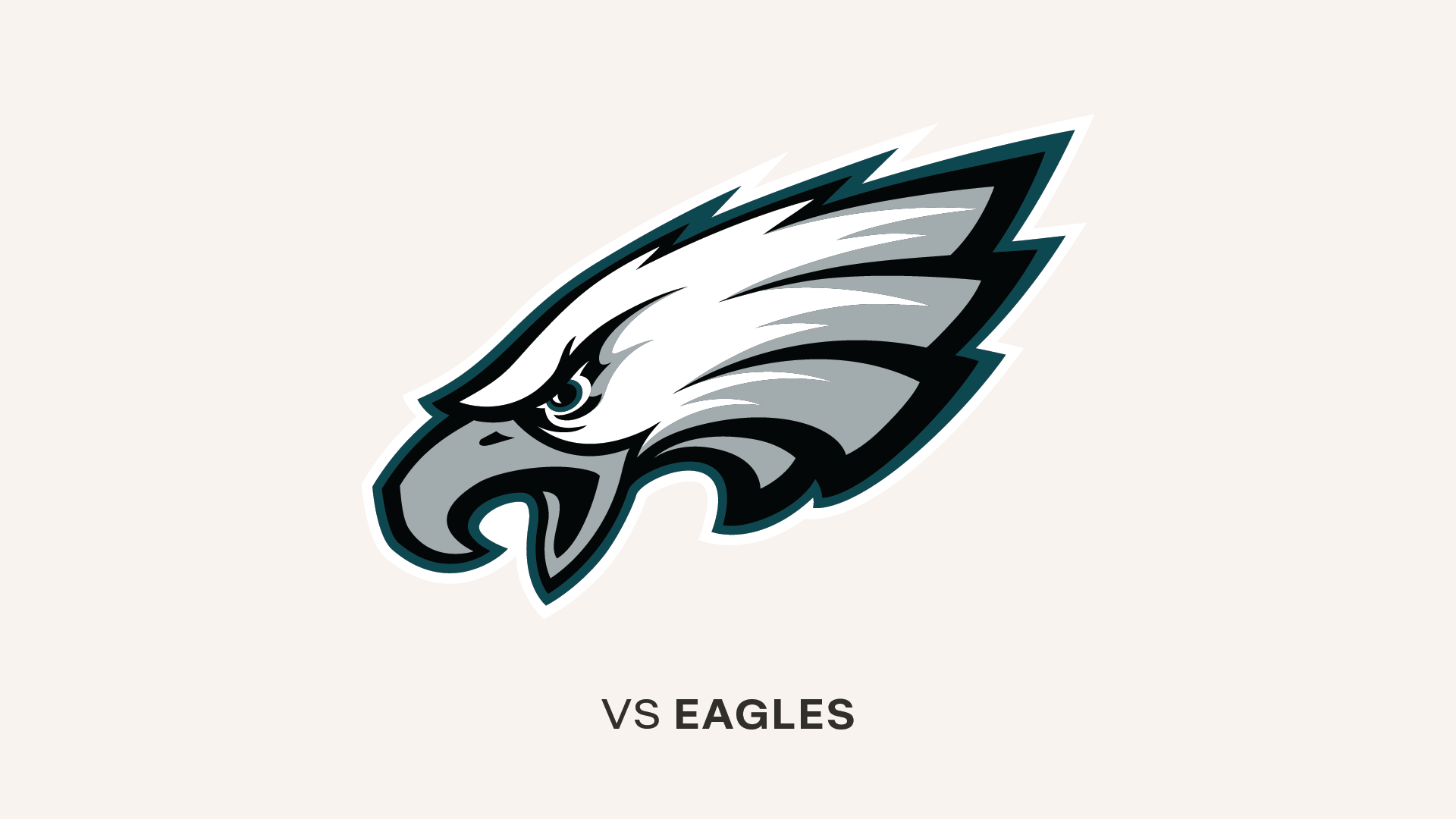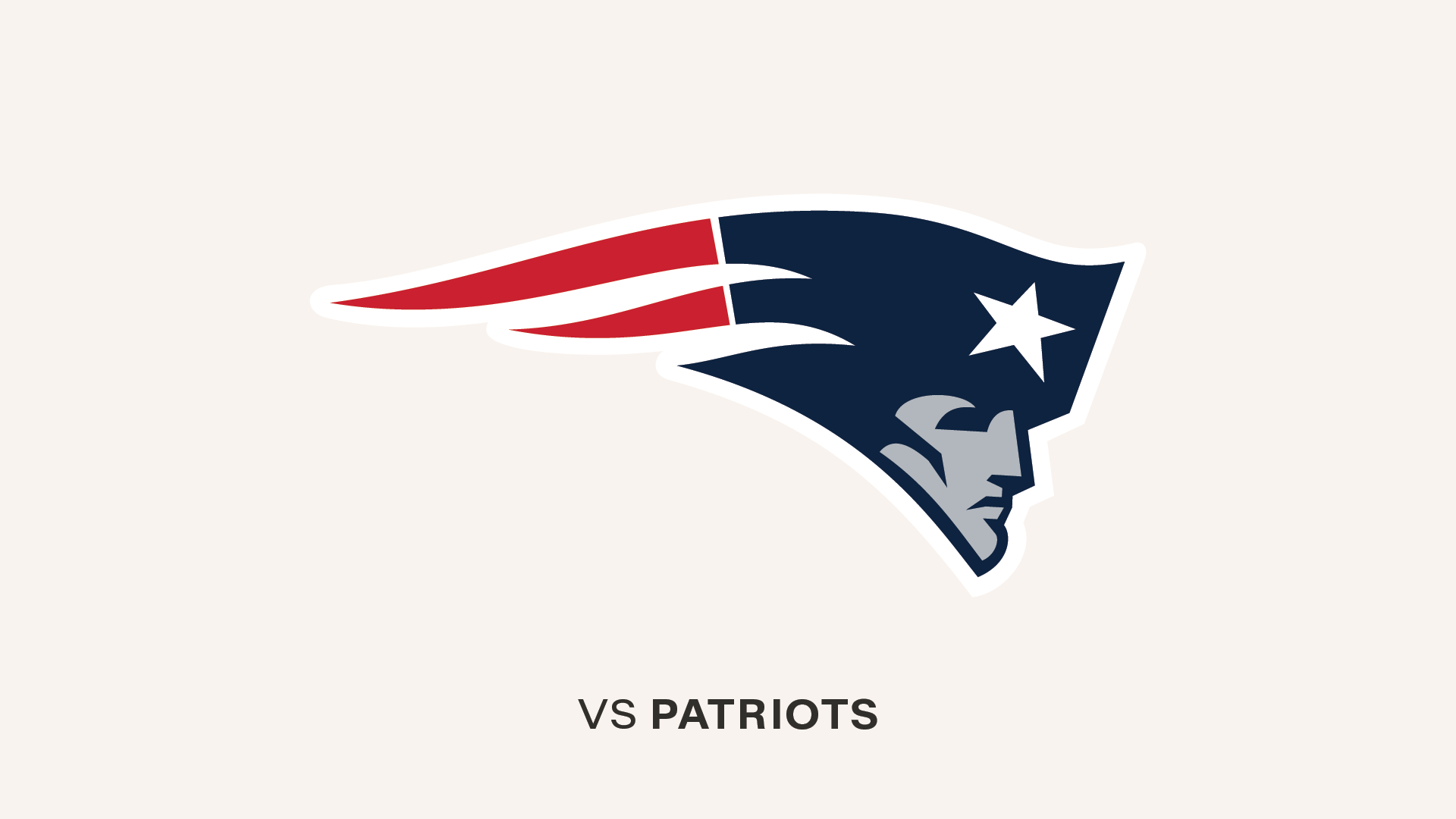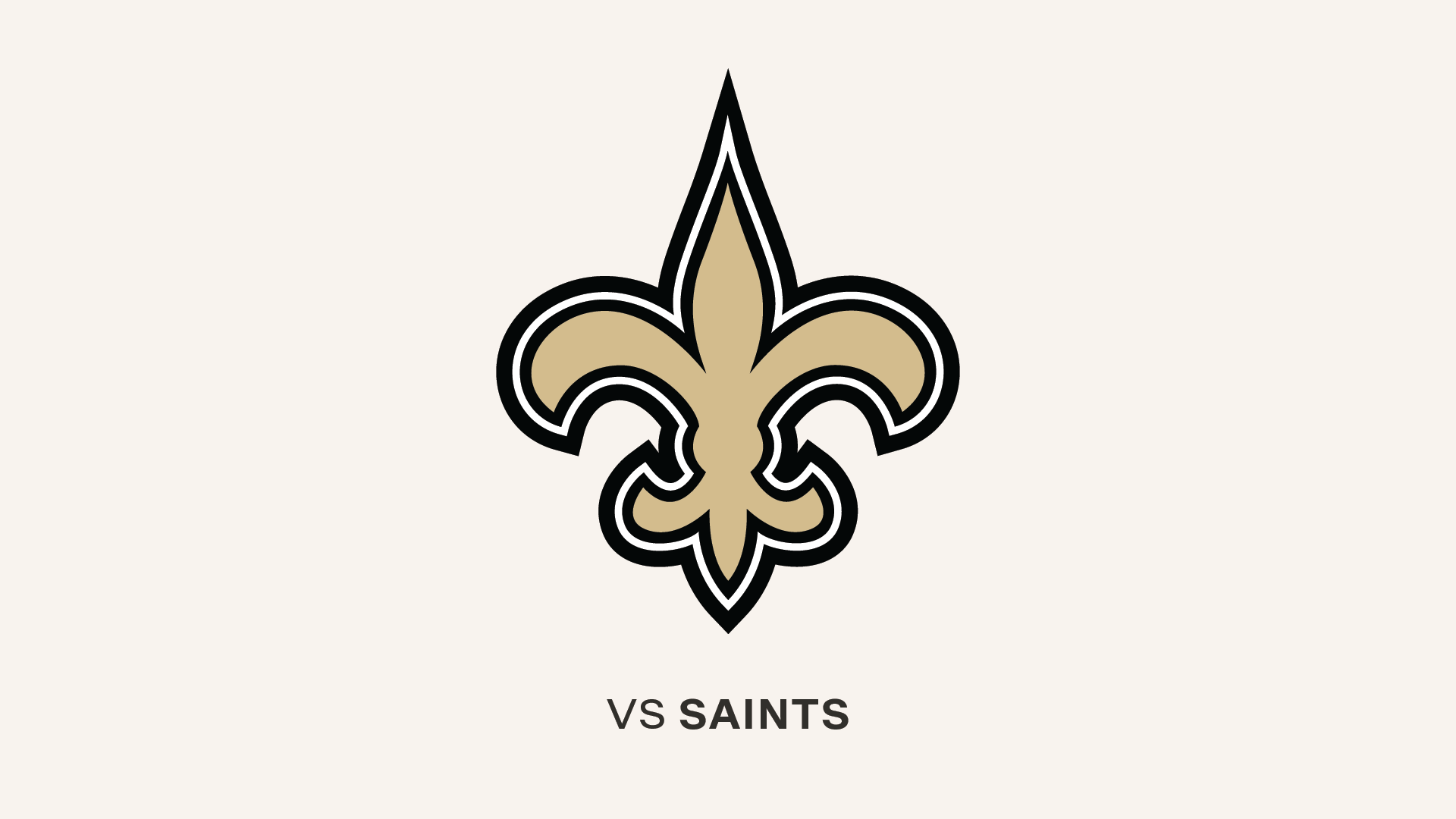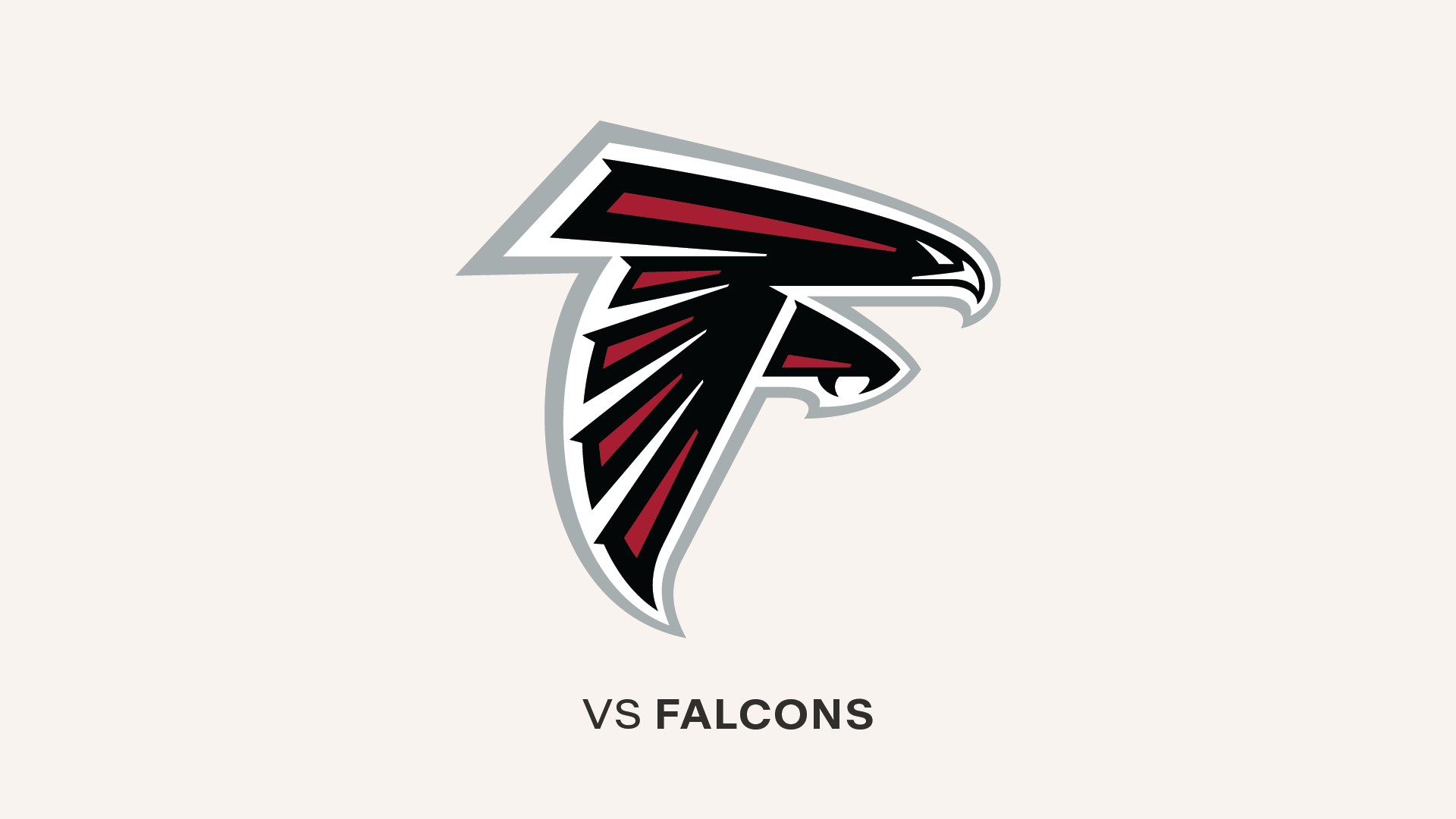The Buccaneers' pass rush was productive in spurts this season but not consistently a force
It is a question asked of every returning NFL coach at some point in January or February, save for the one who most recently held the Lombardi Trophy over his head:
What areas does your team need to improve before next season?
Okay, the coach of the Super Bowl runner-up might get a pass, too, if the final game was close or if you were, say, one remarkable helmet-aided catch away from being 19-0. Otherwise a team's viewing populace — fans, the media, even team management — will obviously want to know what has to change so that the Lombardi Trophy is in your hands next year.
And so it was that the Tampa Bay Buccaneers' Jon Gruden fielded that question on December 29, the day after a loss to the Oakland Raiders eliminated his team from the playoff race. As even the questioner surely knew, a complex and complete answer concerning success in 2009 is not really possible less than 24 hours after the end of the 2008 season. There will be mitigating factors in the coming months — the return of injured players, the return of free agents, the shape of the draft, developments in Atlanta, Carolina and New Orleans — and there is much self-evaluation still to be done.
Thus at this early point in the New Year the question is really, "What are the most prominent shortcomings, in your mind, that led to a promising season not fulfilling that promise?"
Addressing those issues will take months and will hopefully be successful. Pinpointing them can begin now.
Gruden's initial response to that question is the same as that of almost every coach, and it's fundamentally true of any team that doesn't win it all: Everything needs improvement.
We've got to look at every area, really."
That answer goes hand-in-hand with the common coaching philosophy that nothing ever stays the same. Each season, or each day, you either get better or worse in every area. The Buccaneers' finished fourth in the NFL in pass defense in 2008, particularly impressive given that they were well down the list (tied for 20th) in sacks of the opposing QB. That would seem to be an area of strength, but if the Bucs see a way to improve their secondary in 2009, you can believe they will jump at it.
"No team stays the same year in and year out, there will be changes on every team, ours included," said Gruden. "Change is tough, it is inevitable, it is part of the game and we will do everything we can to field a better football team next season."
Gruden didn't stop at that platitude, however. He continued to list several specific areas that will likely be priorities for the team in the coming months, much as the decision to devote significant resources to rebuilding the offensive line in recent offseasons has led to a much more talented and promising offensive front.
The aforementioned pass rush is one of them.
"We've got to get more pass rush," said Gruden, noting how that initial assets leads to things such as turnovers and field-position advantages. "We've got to get more turnovers. You can't start at the minus-20 every series and expect to have great success."
Since 1997, Tampa Bay has owned one of the most consistently excellent defenses of this or any era, as reflected by its 11 top-10 finishes in the league rankings in 12 years. The Bucs were ninth this season, second last year and first as recently as 2005. But few would argue that the Bucs' defense of the last few years is quite as dominant as the 2002 crew that won a Super Bowl or even the 1999 group that nearly got to the big game.
The Bucs averaged 42 sacks a year from 1999-2002. They had just 29 this past season. The pass rush wasn't non-existent in 2008 — there was one decent hot streak in September and another one in November — but it was inconsistent. Sacks are not the only measure of good pressure up front, of course, but it's worth noting that 10 of the top 15 sack-producing teams made the playoffs this year, and three of the remaining five were near-misses Dallas, New England and the N.Y. Jets.
Down the stretch, the Buccaneers' bigger problem on defense appeared to be stopping the run, however. Through 12 games, the Buccaneers were ninth in the league in rush defense, allowing just 95.4 yards per game. After giving up 756 ground yards over the last four weeks — or 189 points per game, almost exactly double that earlier average — the Bucs had slid to 19th in the NFL.
"You don't go 11 games where you don't give up a rushing touchdown and basically the final four games three different backs went for 160 yards or more," said Gruden, marveling at that sudden shift in fortunes. "Injuries took their toll on us, certainly."
Gruden also accurately points out that the Buccaneers ran into some of the league's hottest running teams in the season's final month; virtually nobody has stopped Carolina's DeAngelo Williams for the last two months. But the Bucs' best seasons over the last 12 years have come when they've stopped the run at least reasonably well. The team's average run defense rankings in the seven playoff seasons in that span was 8.5; in the other five seasons it was 15.2
What else? "We've got to take a look at our running back situation," said Gruden, but that's more a matter of sorting out the pieces and assessing injuries than overhauling a team shortcoming. Until injuries to Earnest Graham, B.J. Askew and Byron Storer took their combined toll, the Bucs were among the league's best rushing teams.
But those injuries can't just be discarded. Two straight tough Decembers for the Buccaneers have been marked by a disappointing rash of critical health issues down the stretch. Poor luck? Almost certainly, but the Bucs won't simply leave it at that. In their drive to improve everything before 2009, they will look to see if anything can be done to lessen the chance of a repeat late next year.
"We got to do better obviously at the end of the season," said Gruden. "We had a number of injuries in '07 and a number of injuries in '08. I think the priority is to figure out why that is. I don't know how we go about it but we have to find a way to have our best players available in closing time."
There are other issues that will be uncovered and studied, of course. And there are plenty of strengths. The Bucs had trouble in the red zone offensively in 2008 but considered some of that a bit circumstantial and actually showed marked improvement in that category during the four-game losing streak in December. The kick return game has been an issue for years but may have found an answer in Pro Bowler Clifton Smith. Antonio Bryant gave the team a legitimate go-to target in the passing game. Aqib Talib (tied for the NFL rookie lead in interceptions) may be the next great Buccaneers cornerback. Kickers Matt Bryant and Josh Bidwell were solid to spectacular all season. That promising offensive line has room to grow.
In 2008, though, it didn't quite take the Bucs to where they wanted to go.
"I hate not competing for championships, and we are not, so it is not a very good season, not good enough," Gruden summarized. "Again, I feel like this football team, 16 games this team had a chance to win the game. They were tied or protecting a lead in the fourth quarter 16 weeks. I don't remember once feeling like we didn't have a chance to win. I like that. But 9-7 doesn't feel good when you are not in the tournament competing for a championship. We've got to take a look at every area."























